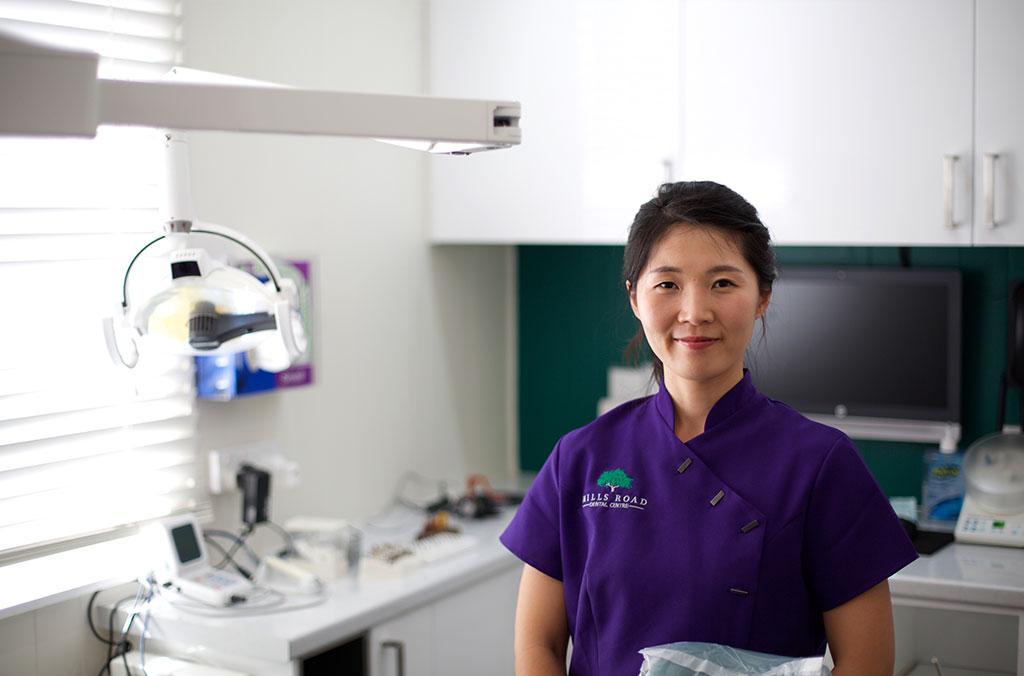
Those couple of extra teeth located at the back of your mouth can be the source of a whole lot of pain and discomfort at some time in your life, and when they erupt they may need to be removed.
When it comes to wisdom teeth extraction there’s many factors that differ from person-to-person, so let’s help debunk some of those burning questions you have.
How do I know if my wisdom teeth need to be removed?
Whether or not you need to have your wisdom teeth extracted depends on the size of your jaw, and how the teeth are positioned in your mouth.
When your wisdom teeth erupt, there may not be enough room in your mouth to house these new additions. If this is the case, you’re at the risk of your wisdom teeth becoming impacted, with common symptoms including sensitivity around rear teeth and gums, gum swelling and soreness, jaw stiffness or pain, and even infection.
A visit to your dental practitioner and an x-ray will help identify the seriousness of your situation and what the necessary next steps are.
At what age do I need to have them removed?
There’s no broad-brush answer to this as everyone’s teeth develop differently. Though it’s common for wisdom teeth to be extracted when patients are young adults, it’s not uncommon for us to see older or younger people requiring the procedure at our centre.
What’s key is to catch the impacted teeth before they become problematic to your oral health, so be sure to consult your dentist if symptoms arise.
Dentist’s Chair vs Surgery– where should I have my wisdom teeth extracted?
Depending on the condition of your wisdom teeth and their positioning, your teeth may be extracted in the dentist’s chair or in hospital. The surgery may be performed by your own dentist, however in some cases, a surgeon may be required to complete the procedure.
In less complex cases, your dentist may give you the choice of where to have the procedure done, so be sure to be well informed on what experience and recovery you should expect so you can make the choice that’s right for you.
What steps does the wisdom tooth extraction procedure entail?
- Typically, your dentist or surgeon will numb your mouth with a general anaesthetic or place you under sedation before the extraction begins.
- If any bone is restricting access to the tooth (or teeth) this will be removed, followed by the removal of the wisdom teeth.
- The area is then cleaned and stitched up, and medical gauze may be applied to slow any bleeding.
- Due to the common nature of impacted wisdom teeth, the extraction surgery is a safe, routine procedure performed by oral surgeons and dentists every day.
Recovering from the procedure
Pain levels and recovery differ greatly from person-to-person, however generally patients experience a reduction in swelling and pain in only a few days.
Before your procedure your dentist will have provided you with instructions on how to care for the area, what food and drinks to avoid in the initial post-op period, and how to best manage your pain.
What is the cost of wisdom teeth removal?
The price of your extraction will depend on a number of factors, including:
- Your level of private health insurance coverage
- Whether you are sedated or given a general anaesthetic
- If your procedure is performed in the dental chair or in the hospital
- The nature of the procedure, including the number of teeth you need removed, and their condition.
If you are experiencing symptoms associated with erupted wisdom teeth, contact us today and make an appointment with one of our friendly practitioners.
This blog page has been fact-checked by Dentist Dr Aran Moorthy.
Want to find out more about wisdom teeth extraction?
Get in touch with our friendly team today to find out more about how we can help you with your wisdom teeth extraction.
